Your skin needs daily care and nourishment, and a wide range of oils can be used to hydrate, soothe, and heal. But everyone’s skin is different, and finding the right skincare products with the right oils for your skin can be confusing and frustrating. We’ve put together a list of oils that can help you bring out your skin’s natural glow. Keep in mind that your skin type and any medical conditions that you have will influence the product ingredients that are best for you.
Good oils
We’ve highlighted a few of our favorite oils. These are by no means the only “good” oils for your skin. But here are a few we find ourselves turning to over and over again.
Baobab seed oil

The baobab tree has seeds that provide an oil rich in vitamins and minerals. The seed oil contains high amounts of the antioxidant vitamin C. Antioxidants stop and heal damage done by free radicals, which break down the bonds between skin cells. Vitamin C also enhances collagen production. Collagen gives your skin its flexibility and elasticity, making it key to young-looking, healthy skin.
This little seed also has high levels of linoleic acid. This acid plays a role in creating uniform skin pigmentation. For example, if you’ve developed sunspots and other visible sun damage, regular application of a skincare product with baobab seed oil, like Baobab Skin Correction Cream, can help reduce uneven pigmentation.
Cranberry seed oil
The cranberry is better known for brightening Thanksgiving dinner than it is for helping your skin. However, the seed of the cranberry, when pressed, produces a non-comedogenic oil with incredibly nourishing benefits. It contains vitamin E, a powerful antioxidant that, like vitamin C, protects the skin from free radical damage. The oil also firms and tightens the skin, softens dry skin, and reduces the appearance of fine lines and wrinkles, making cranberry oil a great addition to SkinResource.MD’s Firm & Repair Throat Cream.
Jojoba oil
Jojoba oil makes an appearance in many beauty products, from skincare to shampoos. Interestingly, jojoba oil is actually a wax, but it doesn’t clog pores. It helps maintain your skin’s natural moisture barrier by creating a lightweight seal. That’s why it’s found in hydrating moisturizers like Total Skin Moisturizer and Ultra Rich Biolipid Cream. This versatile oil also has healing and soothing properties. For example, in Crystal Clarity Exfoliation Scrub, jojoba oil heals and soothes the skin after dead skin cells have been removed.
Lavender oil

Lavender oil is better known as an essential oil than it is a skincare ingredient. However, it’s used in both Pore Purifying Astringent and Visibly Moist Toner to reduce visible wrinkles and correct uneven skin tone. Many of these benefits come down to lavender’s ability to reduce inflammation, which cuts down on redness and other discolorations. Wrinkle prevention and reduction come from the many antioxidants this oil contains.
Rose oil
Rose oil, found in SkinResource.MD’s Visibly Moist Toner, contains antioxidants, which as we’ve already mentioned, protect your skin from free radical damage. Of course, that also means it protects your skin from developing wrinkles. Plus, it hydrates and supports your skin’s natural moisture barrier.
Bad oils (or those to avoid)
Before we jump in here, let's be clear that these oils aren’t necessarily bad for everyone. However, in general, they can irritate or cause skin issues more easily than the oils on our good list.
Wheat germ oil
Wheat germ is sometimes added to skincare products for the healthy fats and vitamin E it contains. It acts as a moisturizer that helps maintain the skin’s natural hydration barrier. However, it’s comedogenic, which means it can cause breakouts if you’re prone to acne. Additionally, if you have a wheat allergy or sensitivity, it could irritate your skin. There are often better oils that can do the same thing, so steer clear of this one.
Olive oil

Like coconut, olive oil can do great things for your skin, except it can also do some not-so-great things, too. It prevents the loss of moisture, contains antioxidants, and breaks down waxy ingredients found in cosmetics. BUT it doesn’t have natural antimicrobial properties. In fact, it contains substances that bacteria feed on, which can increase the bacteria that cause acne. It also contains oleic acid, which can irritate the skin.
Know your skin
The good oils on our list will work for most skin types. The two on our bad list could help, but the likelihood of irritation or breakouts is much higher. Keep in mind that the better you know your skin, the easier it will be to pick skincare products that will work for you. Look for non-comedogenic, hydrating, healing, and soothing ingredients that work with the skin you have.


